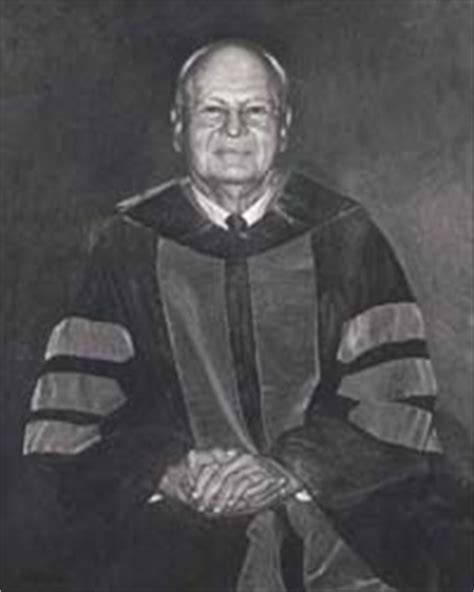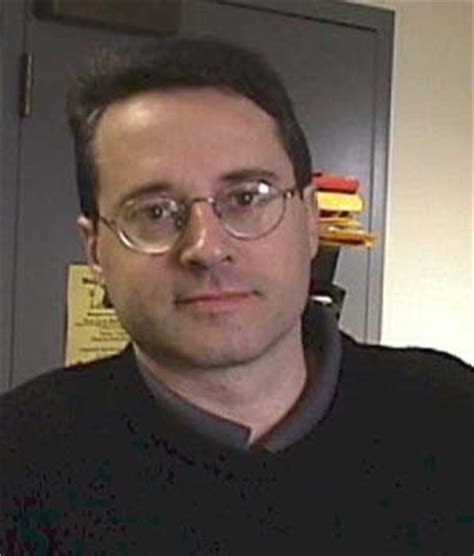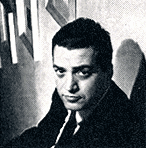A Quote by Robert Benchley
Great literature must spring from an upheaval in the author's soul. If that upheaval is not present then it must come from the works of any other author which happens to be handy and easily adapted.
Related Quotes
Literature, real literature, must not be gulped down like some potion which may be good for the heart or good for the brain—the brain, that stomach of the soul. Literature must be taken and broken to bits, pulled apart, squashed—then its lovely reek will be smelt in the hollow of the palm, it will be munched and rolled upon the tongue with relish; then, and only then, its rare flavor will be appreciated at its true worth and the broken and crushed parts will again come together in your mind and disclose the beauty of a unity to which you have contributed something of your own blood.
When I read a novel that I really like, I feel as if I am in direct, personal communication with the author. I feel as if the author and I are on the same wavelength mentally, that we have a lot in common with each other, and that we could have an interesting conversation, or even a friendship, if the circumstances permitted it. When the novel comes to an end, I feel a certain letdown, a loss of contact. It is natural to want to recapture that feeling by reading other works by the same author, or by corresponding with him/her directly.
You’ve thrown down the gauntlet. You’ve brought my wrath down upon your house. Now, to prove that I exist I must kill you. As the child outlives the father, so must the character bury the author. If you are, in fact, my continuing author, then killing you will end my existence as well. Small loss. Such a life, as your puppet, is not worth living. But… If I destroy you and your dreck script, and I still exist… then my existence will be glorious, for I will become my own master.
The appeal of science fiction has always been its iconoclasm . . . But in order to be an iconoclast, an author must be more than merely aware of the idol he wishes to destroy. He must be intimate with it and understand it in all its aspects. This means that he must have devoted serious thought to it, and have beliefs of his own which will stand up in the place of the broken idol. In other words, any child can complain, but it takes an adult to clash with accepted beliefs . . . an adult with ideas.

































